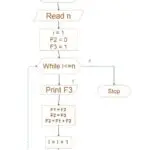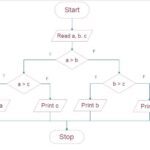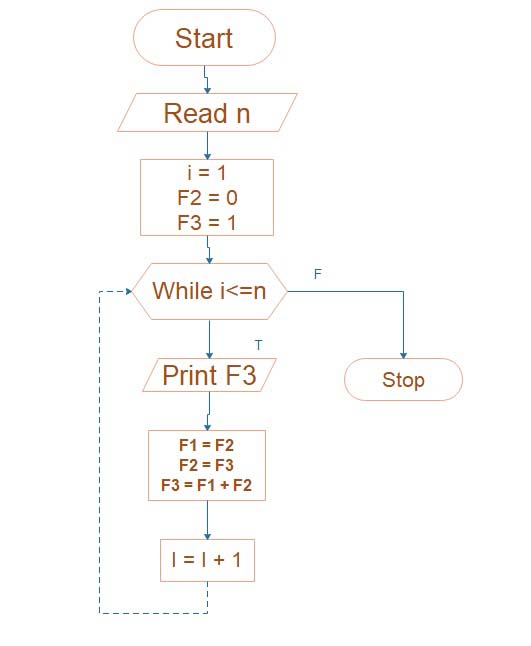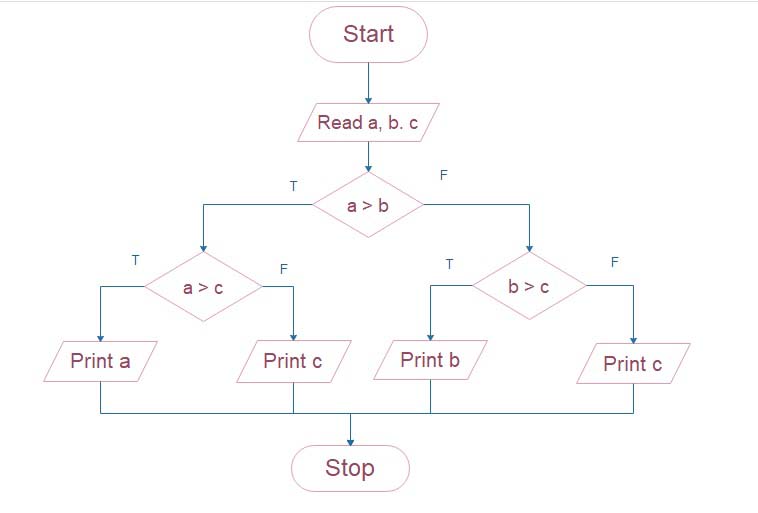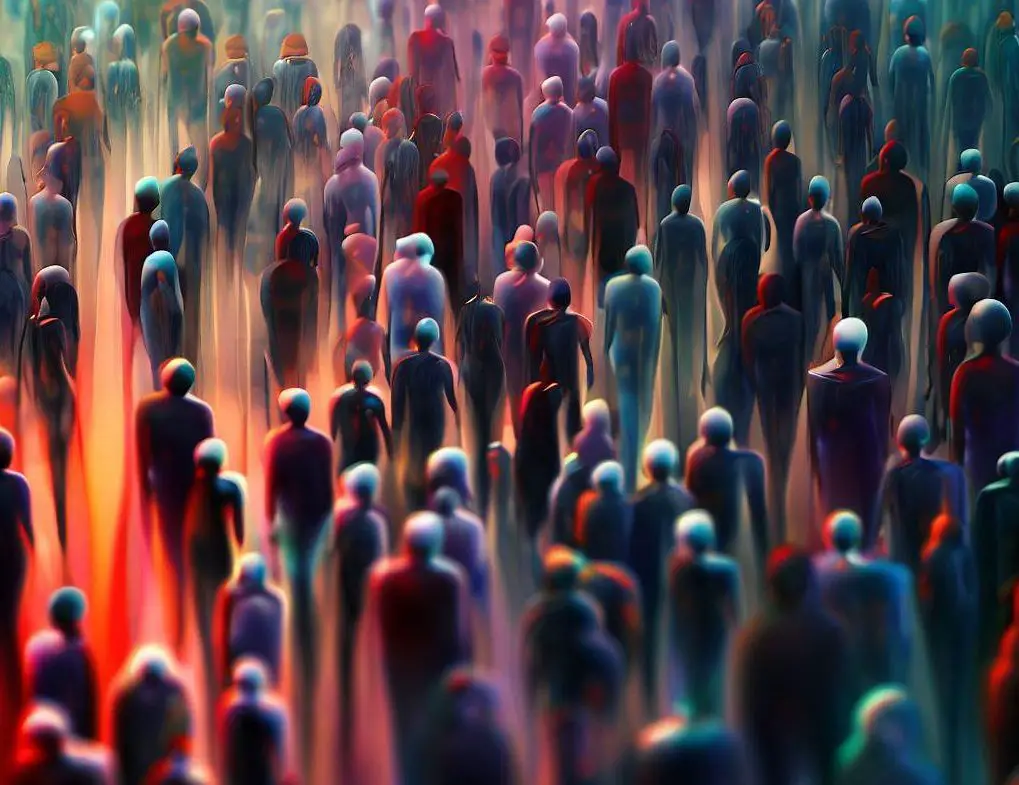The Blood Pressure | Pulse Pressure
Blood Pressure | Arterial Blood Pressure | Pulse Pressure | Factors Affecting Blood Pressure
BLOOD PRESSURE
- The pressure exerted by the blood on the walls of blood vessels is called blood pressure.
- During circulation heart does not pump blood continuously, therefore the blood pressure varies in different parts of the circulatory system.
- E.g. blood pressure is higher near the heart and as the blood passes away from the heart, the blood pressure gradually decreases. the blood pressure is highest in the arteries, it is very low in veins and minimum in capillaries.
- The blood pressure varies according to the time of the day, age, sex etc.

ARTERIAL BLOOD PRESSURE
- The pressure exerted by the blood on the walls of arteries is called arterial blood pressure.
- It is measured with the help of an apparatus called a sphygmomanometer.
There are two types of arterial blood pressure, these are,
- Systolic blood pressure
- Diastolic blood pressure
SYSTOLIC BLOOD PRESSURE
- The pressure exerted by the blood on the walls of arteries at the maximum ventricular contraction is called systolic blood pressure.
- In the normal resting male, the systolic blood pressure is 120mm. hg. and in females, it is about 115mm Hg
DIASTOLIC BLOOD PRESSURE
- The pressure exerted by the blood on the wall of arteries at the maximum ventricular relaxation is called diastolic blood pressure.
- In a normal resting male, the diastolic blood pressure is about 80mmhg and in the female, it is about 75mmhg

PULSE PRESSURE
- The difference between systolic blood pressure and diastolic blood pressure is called pulse pressure.
- In normal resting males and females, the pulse pressure is about 40mmhg
FACTORS AFFECTING BLOOD PRESSURE
- The blood pressure is never constant. it changes with age, time of the day, sex, tension, physiological conditions, etc.
The blood pressure depends upon the following factors,
- Change in the space of blood vessels and the condition of the heart.
- Amount of blood entering and leaving the blood vessels.
- The elasticity of blood vessels and viscosity of blood.
- Pumping force and total volume of blood.
- In the male, the blood pressure is slightly higher than in females considering the similar age, weight and physiology.




